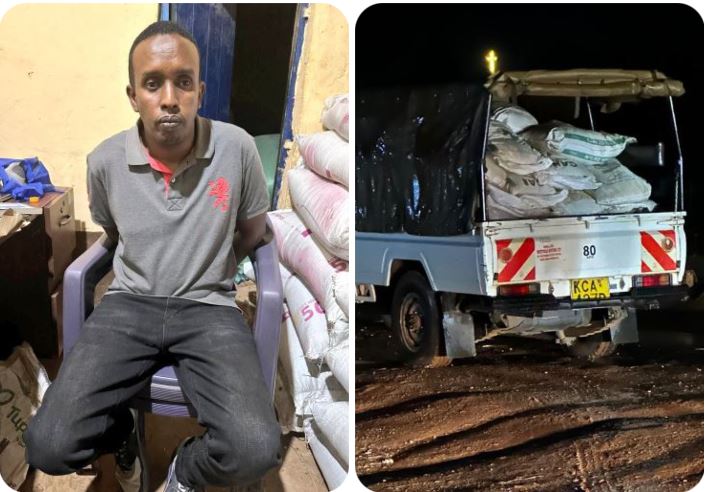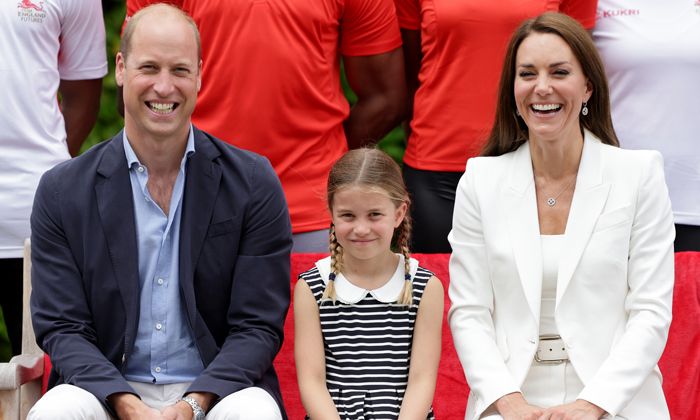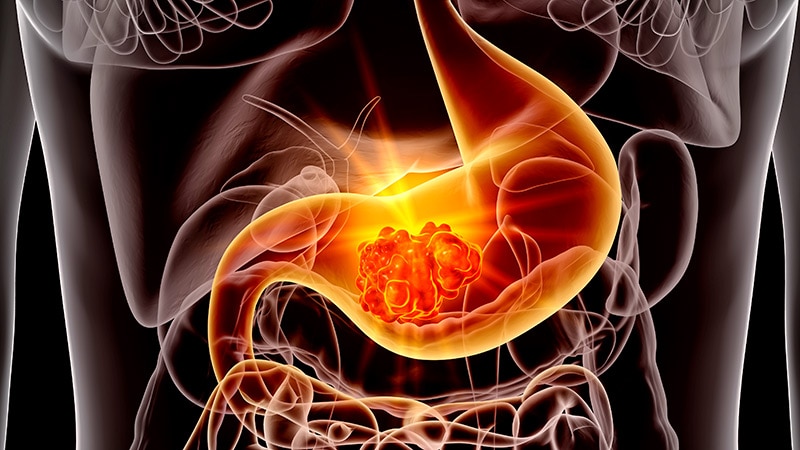1 February 2022 – Tens of thousands of tonnes of extra medical supplies from the response to the COVID-19 pandemic have put tremendous strain on health care waste management systems around the world, threatening human and environmental health and exposing a need to improve disposal practices, according to a new WHO report.
The WHO Global analysis of health care waste in the context of COVID-19: status, impacts and recommendations bases its estimates on the approximately 87,000 tonnes of personal protective equipment (PPE) procured between March 2020- November 2021 and shipped through a joint United Nations emergency initiative to support countries’ urgent COVID-19 response . Most of this equipment is expected to have ended up as waste.
Since the start of the pandemic over 140 million test kits, with a potential to generate 2,600 tonnes of non-infectious waste (mainly plastic) and 731,000 litres of chemical waste (equivalent to one-third of an Olympic-size swimming pool) have been shipped, while over 8 billion doses of vaccine have been administered globally, producing 143 tonnes of additional waste in the form of syringes, needles, and safety boxes.
Yet safe waste management services for healthcare waste are often lacking, particularly in least developed countries.
“It is absolutely vital to provide health workers with the right PPE,” Dr Michael Ryan, Executive Director, WHO Health Emergencies Programme said. “But it is also vital to ensure that it can be used safely without impacting on the surrounding environment.”
This means having effective management systems in place, including guidance for health workers on what to do with PPE and other disposable items after they have been used.
Today, around a third of healthcare facilities (60% of which are in least developed countries) are not equipped to handle existing waste loads, let alone the additional medical waste generated by COVID-19. This potentially exposes health workers to injuries, burns and pathogenic microorganisms, while also impacting communities living near poorly-managed landfills and disposal sites.
The report lays out a set of recommendations for integrating better, safer, and more environmentally sustainable waste practices into the current COVID-19 response and future pandemic preparedness efforts.
These include using eco-friendly packaging and shipping, recyclable or biodegradable materials; investment in non-burn waste treatment technologies, such as autoclaves; and investments in the recycling sector to ensure materials, like plastics, can have a second life.
The analysis comes at a time when the health sector is under increasing pressure to reduce its carbon footprint and minimize the amount of waste being sent to landfills — in part because of the great concern about the proliferation of plastic waste and its impacts on water, food systems and human and ecosystem health.
For more information please contact:
Note: This article have been indexed to our site. We do not claim legitimacy, ownership or copyright of any of the content above. To see the article at original source Click Here








